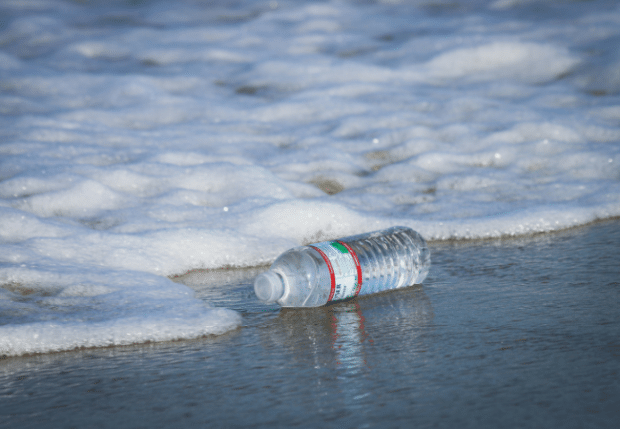Recent studies reveal the dangers of microplastics
Scientists have not pinpointed the exact risk of ingesting microplastics despite finding it inside people’s bodies. Fortunately, a few recent studies share a few insights.
Amélie Châtel, Professor of Aquatic Ecotoxicology at the Catholic University of the West, wrote that microplastics could carry bacteria and pathogens.
READ: Microplastics detected in human brain tissue – study
A study from the New England Journal of Medicine suggests these tiny plastics could increase the risk of developing cardiovascular problems.
How do microplastics harm humans?

National Geographic defines microplastics are plastic particles measuring less than five millimeters across.
They break off from plastic products and have become more ubiquitous due to pollution. Nowadays, you can find microplastics in animals, making its way into your food and your body.
Freie Universität Berlin Environmental Engineer Luís Fernando Amato-Lourenço and his research team found these particles present in human brain tissue.
Scientists have not specified the exact risks that these minuscule plastic bits pose for humans.
However, a few recent studies have found some health risks. For example, Amélie Châtel, director of the BIOSSE laboratory at UCO Angers, says it can disrupt cellular functions similar to its effects on fish.
For example, microplastics can block digestive systems, activate immune responses, and damage the DNA of mussels.
Often, plastics contain high amounts of phthalates, which are endocrine systems. Consequently, tiny plastics could interfere with hormonal systems of marine life and humans.
A recent study in the New England Journal of Medicine found that these pollutants can also endanger heart disease patients.
If they had microplastics in their neck blood vessels, they were more likely to have heart attacks and strokes.
The nonprofit Environmental Working Group says microplastics can disrupt the gut biome, learning, and memory. Moreover, it can lower sperm quality and testosterone.
How to reduce exposure to microplastics
There's a Surprisingly Easy Way to Remove Microplastics From Drinking Waterhttps://t.co/igzr91DZ6b pic.twitter.com/KIbcaQqSX0
— ScienceAlert (@ScienceAlert) November 26, 2024
EWG, Guangzhou Medical University, and Jinan University share the following ways to avoid microplastics:
- The two Chinese universities recommend boiling water after their study showed boiling eliminates these tiny plastics.
- Filter your water to reduce microplastics and other contaminants.
- Avoid using plastic cutting boards and use steel, glass, or wood instead.
- Microwave your food in glass containers, not plastic, to prevent contaminating it.
- Avoid drinking from disposable plastic water bottles. Alternatively, keep them in a cool, dry environment away from the sun.
- Dust and vacuum regularly to avoid inhaling microplastics.